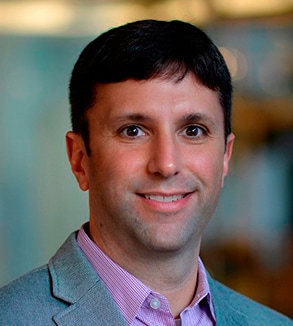
Assessing Gene-Environment Interactions in the Study of Rare Diseases
August 21, 2019, 1:00 pm – 2:30 pm EDT
CDC Chamblee Campus, Building 107, Room 1A
Free Registration is required. REGISTER NOW.
View the Webinar via SkypeJoin by Phone: (885) 644-0229 Conference ID: 4390261

Philip Lupo, PhD, MPH
Associate Professor of Pediatrics,
Baylor College of Medicine
EpiCenter Co-Director,
Texas Children’s Cancer and Hematology Centers
Chair,
Children’s Oncology Group Epidemiology Committee
President-Elect,
National Birth Defects Prevention Network
Principal Investigator,
Genetic Overlap Between Anomalies and Cancer in Kids Study
Many health conditions result from the combined action of a person’s genes and environment. While studies of gene-environment interactions are crucial for better understanding the etiology of these conditions, they can present unique challenges, including achieving sufficient sample size. Dr. Lupo will discuss approaches to assessing gene-environment interactions in studies of rare outcomes. In addition to modeling the interaction between genetic variants and environmental exposures, these approaches address the influence of the environment on the genome (epigenetics, de novo mutations), alternative genetic mechanisms (maternal genetic effects), and use of genetics as a proxy for environmental risk factors (Mendelian randomization).
Dr. Lupo’s laboratory focuses on the molecular epidemiology of pediatric outcomes, including birth defects and childhood cancer, as well as the intersection of these conditions. Projects include evaluating the risk of cancer in children with birth defects and investigating why children with trisomy 21 have an elevated risk of both acute lymphoblastic leukemia and congenital heart disease. The ultimate goal of Dr. Lupo’s research is to discover factors that can be used in new prevention efforts and targeted interventions to limit the negative consequences of adverse pediatric outcomes.
Hosted by
- Office of Public Health Genomics, Center for Surveillance, Epidemiology, and Laboratory Services, Centers for Disease Control and Prevention
- National Center on Birth Defects and Developmental Disabilities
Sponsored by:
- CDC University
































No hay comentarios:
Publicar un comentario